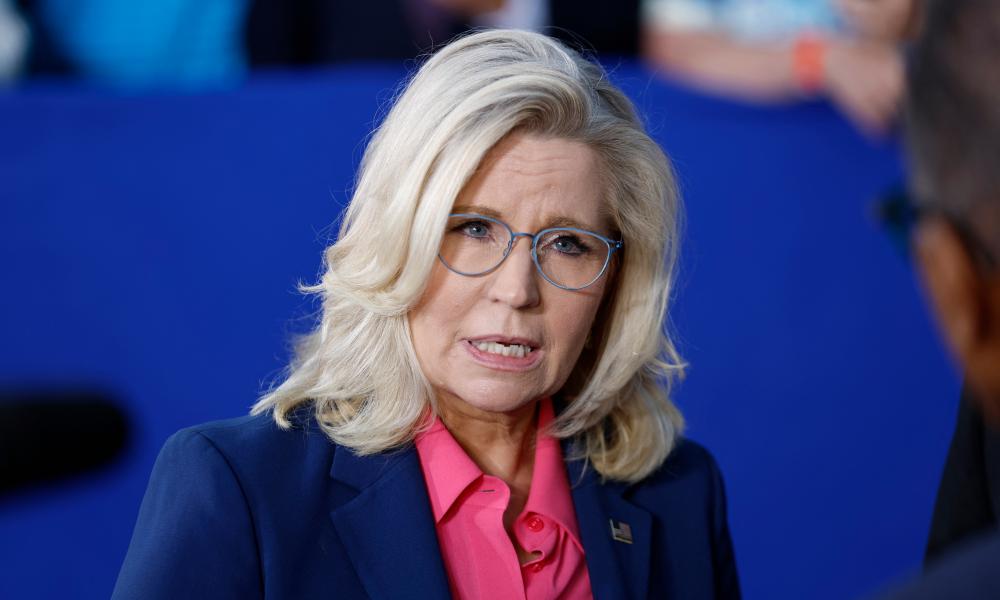Former Republican congresswoman Liz Cheney has publicly condemned President-elect Donald Trump’s comments regarding potential imprisonment of members of the House committee investigating the January 6 Capitol attack. In an interview with NBC’s Meet the Press, Trump called the committee members, including Cheney herself and its chair Bennie Thompson, “political thugs” and suggested they should face jail time, alleging they had deleted evidence related to the investigation. Cheney firmly responded that Trump’s insinuations represent a severe threat to the rule of law and undermine the principles of democracy in the United States.
Trump’s remarks indicate a willingness to exert influence over legal proceedings involving his political opponents, raising significant concerns about the potential use of presidential authority to target critics. Cheney remarked that there is “no conceivably appropriate factual or constitutional basis” for Trump’s assertions that members of Congress could be criminally investigated for their legislative activities. She framed his comments as indicative of a broader attack on democratic governance, stating that any attorney seeking to follow Trump’s directives would be engaging in conduct that could warrant sanctions.
Cheney also emphasized the gravity of Trump’s actions surrounding the January 6 Capitol riot, asserting that he sought to unlawfully overturn the electoral outcome of the 2020 presidential election. She characterized this maneuver as an unprecedented breach of constitutional norms by a sitting president, highlighting the significant stakes involved in ensuring accountability for actions that threaten the integrity of the democratic process. Cheney has positioned herself at the forefront of the battle to uphold constitutional law, courageously challenging Trump’s claims and the political climate they foster.
As the dialogue around pardons surfaces, there’s speculation concerning President Joe Biden’s potential considerations in response to Trump’s promised “retribution” against those he views as adversarial. Such discussions illustrate the complicated dynamics of political retribution and accountability in the current American landscape. Cheney’s insistence on preserving and disclosing evidence related to the investigation underscores her commitment to transparency and the importance of documenting the truth regarding the Capitol riots.
Jeffrey Smith, the special counsel assigned to investigate Trump’s actions, has faced obstacles in prosecuting the former president’s behavior connected to the Capitol attack, notably after Trump’s decisive election victory over Vice-President Kamala Harris. However, Cheney continued to advocate for the appropriate handling of evidence gathered during this critical legal inquiry, indicating the necessity to preserve the material as a safeguard against attempts to downplay or dismiss the events of that day.
In summary, Cheney’s rebuttal of Trump’s threats reflects a broader struggle within American politics regarding the rule of law and political accountability. Her perspective highlights the critical need for vigilance against any efforts that undermine democratic institutions and the importance of safeguarding the findings of investigative bodies against political retribution. This situation epitomizes the ongoing tensions within a politically polarized environment, where adherence to legal principles is paramount to maintaining the foundations of the republic.

